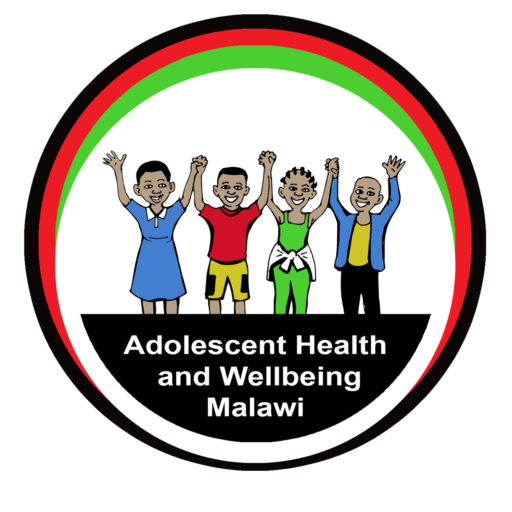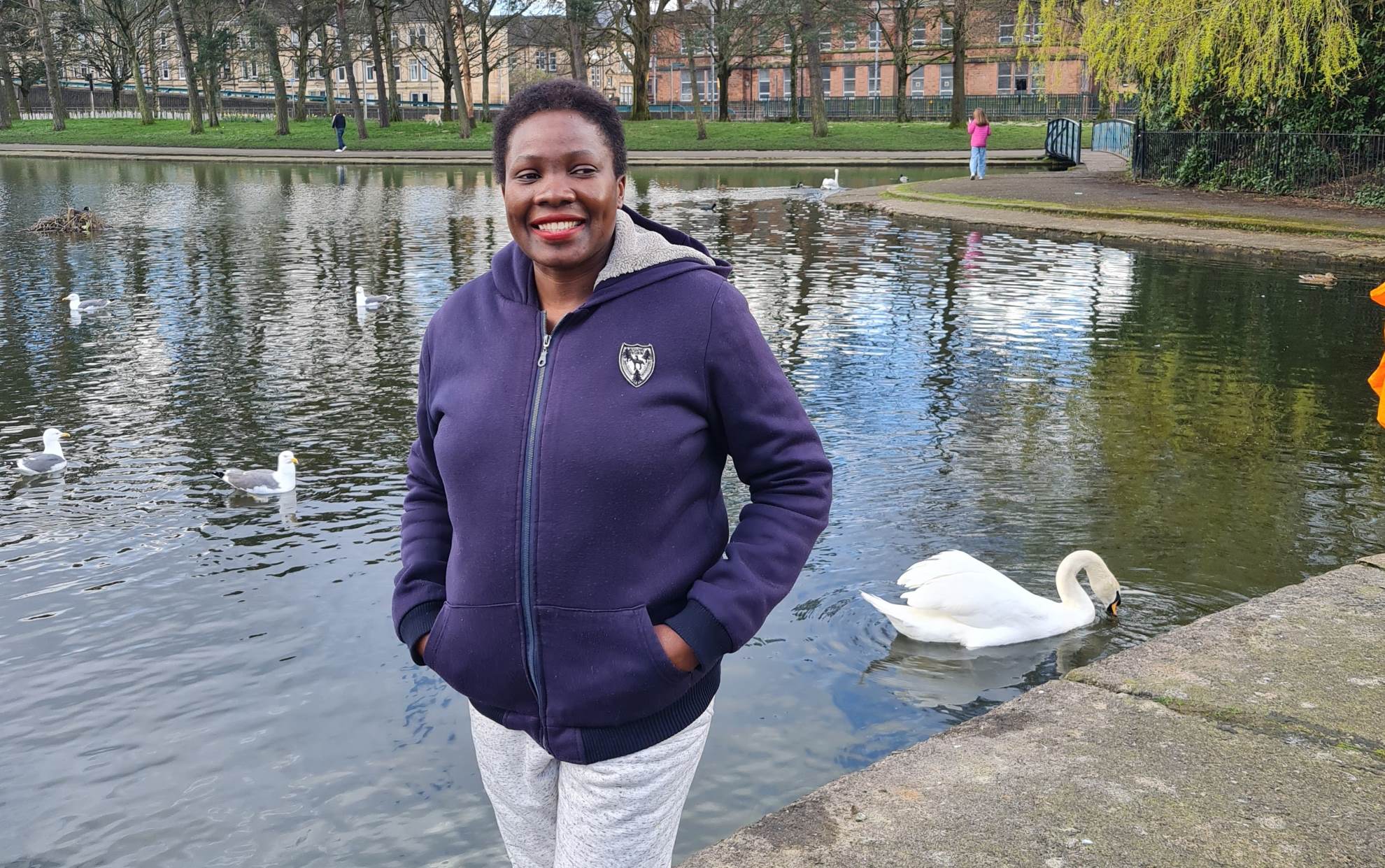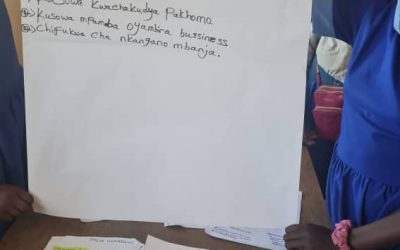~ by Velia Manyonga -University of Strathclyde (Scotland)
I was very excited when I was offered the scholarship to study PhD in Social Policy with the University of Strathclyde. For years, I harbored a strong desire to further my education, but financial constraints stood in my way. The moment I learned that I had been offered the National Institute for Health and Care Research (NIHR) scholarship, I felt as though my long-held dream was finally materializing! What particularly excited me was the opportunity to contribute to my passion for evidence-informed approaches in legislation, policy-making, and programming. Being selected to be part of a project focusing on working with an often overlooked demographic – adolescents – was especially gratifying. This is an opportunity to contribute not only to the achievement of Sustainable Development Goals (SDGs) but also to contribute meaningfully to the realization of the Malawi 2063 agenda.

My PhD research is focusing on exploring young people’s perceptions of adolescent wellbeing. I chose to pursue a career in research because I believe that the SDGs can only be attained when legislation, policies, interventions, and strategies are informed by evidence directly derived from the target population. Through my research, I aim to contribute to the generation of evidence regarding adolescents’ understanding of wellbeing and the types of interventions they would prefer to support their wellbeing.
Receiving a scholarship from Strathclyde University was an opportunity I deeply appreciated and did not take for granted. The university’s prestigious reputation filled me with excitement and anticipation for the experience ahead. Knowing that I would be studying at an institution renowned for its academic excellence and innovative research filled me with a sense of pride and privilege. I eagerly anticipated being part of the award-winning university, as the University of Strathclyde had been honored with the prestigious “University of the Year” award twice – in 2012 and 2019.
My travel to the UK was full of mixed feelings. While I was excited to join Strathclyde University, I was worried about my settling down. I did not manage to secure accommodation before arriving in the UK. Despite this, I received a warm welcome and support right from the Airport. One of my supervisors and the project manager welcomed me the first day I arrived. I was even provided with accommodation for over a month to enable me to settle down without hustles. In addition, other university staff and fellow students made me feel immediately at home. Although I missed orientation and induction sessions, my fellow students took me through some of the important areas practically by showing me how they were doing it. This provided me with the academic and personal support I needed to kickstart my studies. I felt welcomed into the family and embraced by the university community.
In addition, in Glasgow, where Strathclyde University is located, provided me with a vibrant experience for my settling-in process when I arrived in November 2023. As the Christmas season was unfolding, I had the opportunity to immerse myself in the city’s rich cultural heritage, various arts scene, and welcoming local atmosphere. Witnessing the installation of Christmas trees in public spaces and homes heightened my experience and enhanced my settling down. Looking ahead, I eagerly anticipate creating more memories as I continue my academic journey.
After settling in for six months now, I feel that I am integrating well both academically and socially. Initially, navigating through tasks such as course registration, booking required courses, and beginning to write my thesis to meet the requirements was challenging. However, engaging with supervisors and fellow students proved to be beneficial as I received encouragement and learned that academic challenges are common and can be overcome with perseverance. This realization has inspired me to make the journey as exciting as possible. Building relationships with fellow students through group projects, study sessions, and social gatherings helped me feel connected to the university community. Additionally, seeking guidance and mentorship from faculty members and librarians enabled me to navigate academic challenges and pursue my interests effectively. I am still taking advantage of opportunities to get involved in several activities taking place on campus such as research week, seminars, and volunteer activities.
In addition, attending the monthly project meetings proved to be an enlightening experience, as it provided me with diverse insights into the project. The presentations detailing the progress of each project strand offered me clarity on their respective focuses. Most importantly, I gained a comprehensive understanding of the interdisciplinary nature of the GHRG Adolescent Health and Wellbeing project and its strategies for engaging with young people in both urban and rural contexts in Malawi. While I valued the holistic approach of engaging the adolescents, I became clear of my specific area of focus and expertise within the project.
Furthermore, as the project strands are at various stages of development, exchanging updates on the progress of each strand has proven invaluable. This process has provided me with a wealth of lessons learned and highlighted important considerations as I continue with my research work. For example, the sharing of field experiences related to data collection has been particularly enlightening. It has not only provided valuable insights but has also helped to clarify the direction we are to take moving forward. I eagerly look forward to these monthly meetings as they offer an invaluable opportunity for learning and collaboration.
To some extent, I find myself missing home. One of the most significant adjustment has been transitioning from Malawi’s tropical climate, with temperatures ranging from 12°C to 32°C, to Scotland’s temperate weather, which can drop as low as -3°C. It is rainy most of the days. Adapting to this change required me to develop coping strategies. As an international student, I quickly learned to identify buildings with consistently warmer temperatures, such as the Strathclyde Doctoral School, to serve as a study area. I also miss the various bank holidays that are celebrated in Malawi. Holidays like Chilembwe Day, Eid Celebration Day, Labor Day, and Mother’s Day hold significance for me and remind me of home. While these may seem like small things, I have come to realize their importance in maintaining a connection to my cultural roots and traditions.
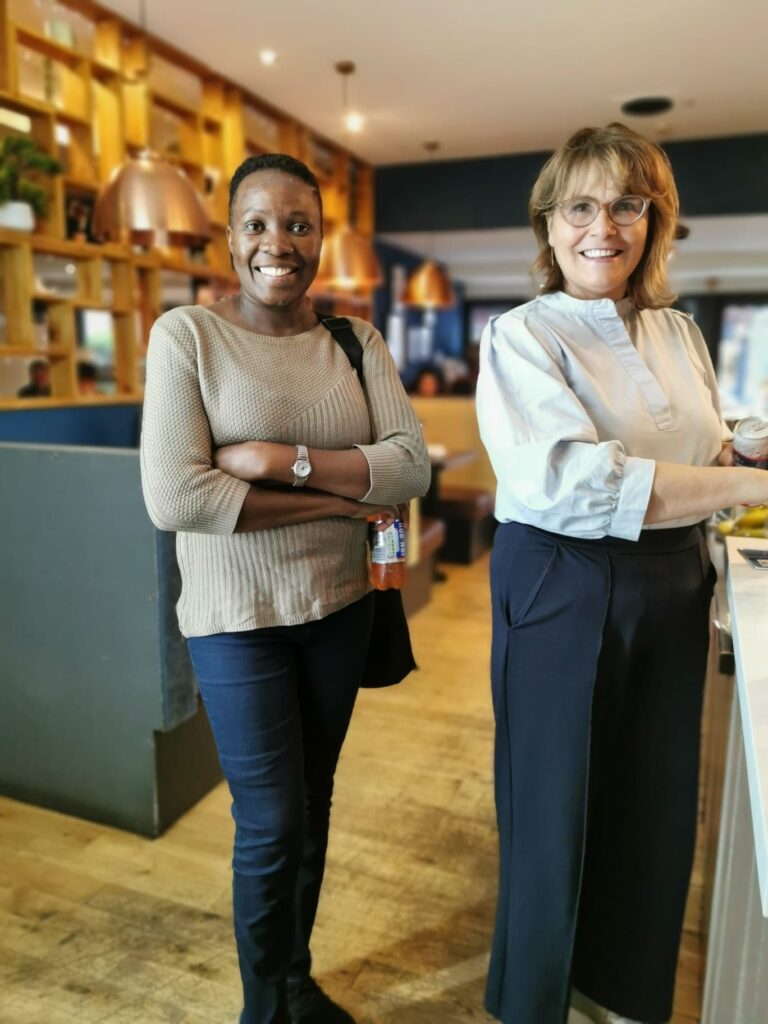
Before coming to the UK, I wish I had known that there are locally available foods that could be improvised to resemble those from Malawi. One such example is maize flour for Nsima, a Malawian staple food I like most. I brought a significant amount of it from Malawi, only to discover that I could easily purchase similar flour from Amazon here in the UK.
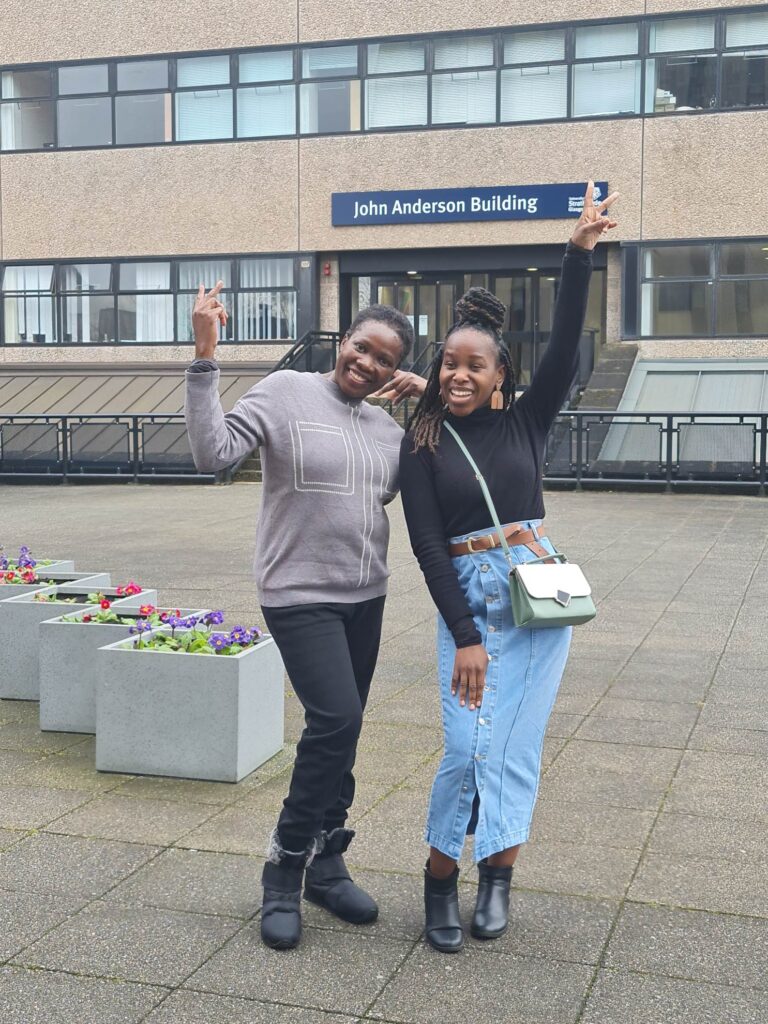
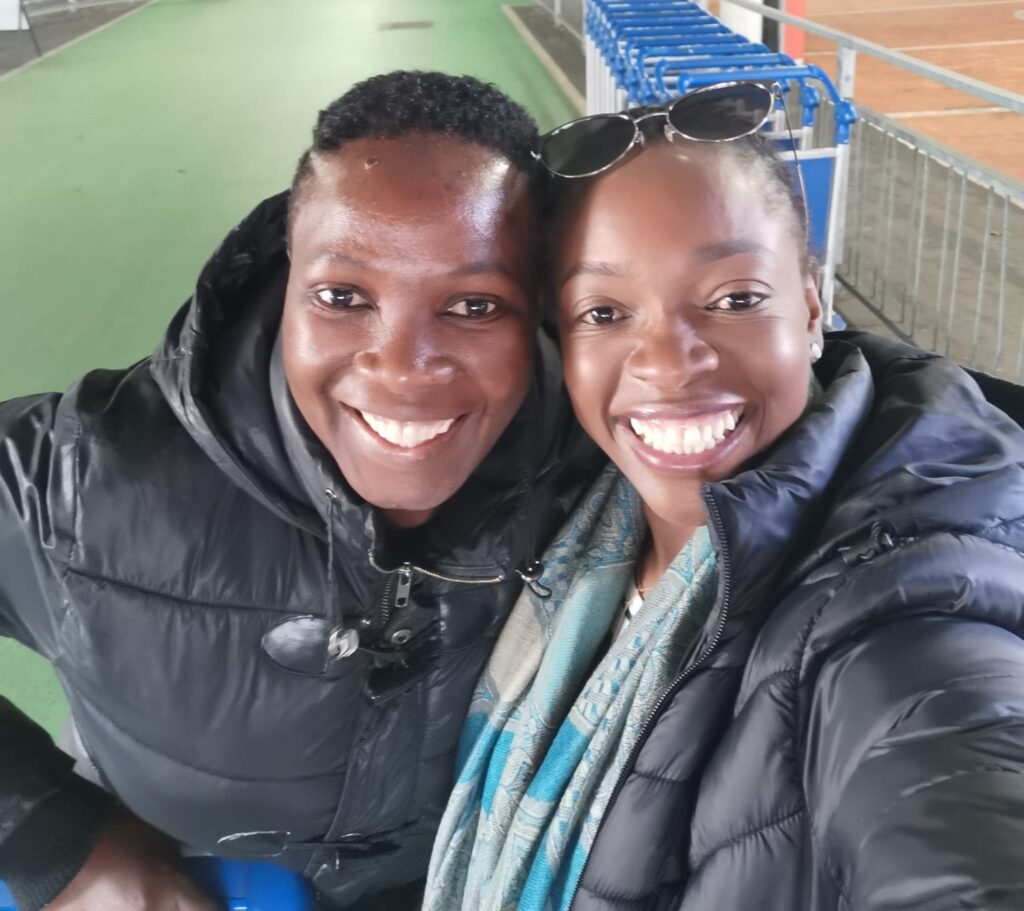
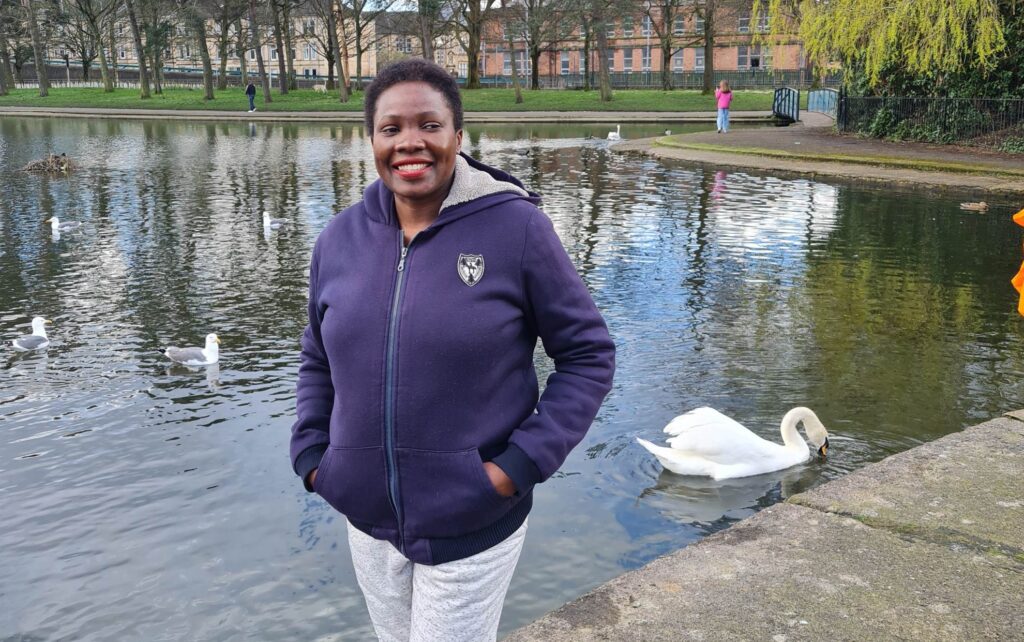
What excites me most is when I’m among my fellow PhD students and everyone is sharing their everyday academic challenges. This assures me that I’m not alone in my academic struggles. It’s reassuring to know that we’re all navigating similar obstacles together. It is comforting to share similar experiences, whether it’s regarding accommodation or adapting to a new environment. Additionally, I’m also grateful for the freedom to move freely between the university and home, using public transport without the worry of leaving early due to safety concerns or missing the bus. As time passes, I am reassured that by the end of three years, I will not only have earned my degree but also have gained a wealth of exciting experiences throughout our journey.
~ by Velia Manyonga -University of Strathclyde (Scotland)
